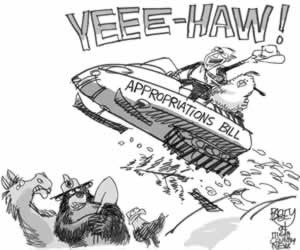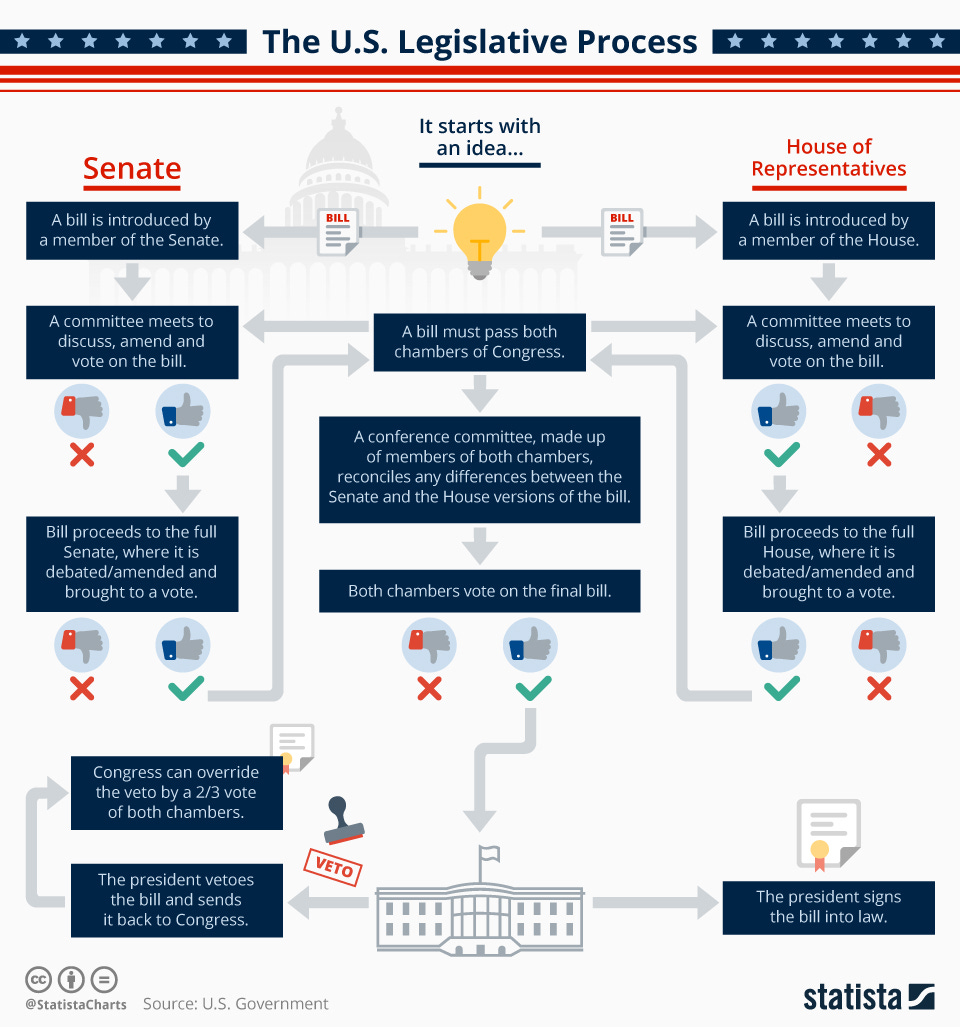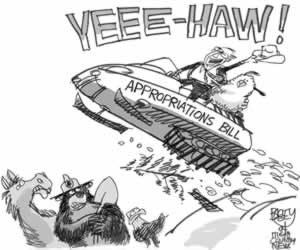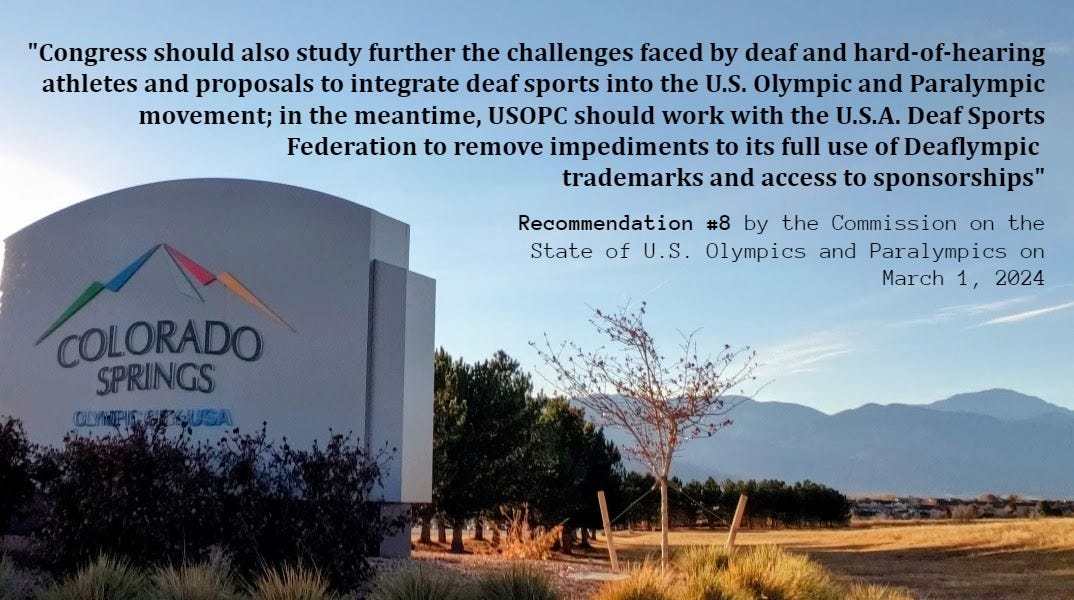Our school teachers often emphasized the importance of the U.S. Legislative Process.
Let us focus on the federal Olympic sports laws:
2022 - Click on Equal Pay for Team USA Act of 2022. Its legislative process lasted 177 days.
2020 - Empowering Olympic, Paralympic, and Amateur Athletes Act of 2020. (459 days)
2017 - Protecting Young Victims from Sexual Abuse and Safe Sport Authorization Act of 2017. (346 days)
1978 - Amateur Sports Act of 1978 (171 days)
The Ted Stevens Olympic and Amateur Sports Act of 1998 (TSOASA)-???
The TSOASA did not go through the legislative process completely (see the chart above), as we learned from our teachers. This 1998 Act was a “rider” in the omnibus bill.
Did your school teacher tell you about the Omnibus bill and the rider?
This 1998 Act was originally from the bill titled “Olympic and Amateur Sports Act,” which Senator Ted Stevens of Alaska introduced on May 22, 1998.
On September 10, 1998, the Senate placed it on its Legislative Calendar with written report No. 105-325. There was no further action, so it died.
On October 19, 1998, the Olympic and Amateur Sports Act became a rider in the H.R.4328 - Omnibus Consolidated and Emergency Supplemental Appropriations Act, 1999, which was 921 pages long.
Two days later, on October 21, the latter bill became law, Public Law No: 105-277. See pages 603-609. This law aimed to make omnibus consolidated and emergency appropriations for the fiscal year ending September 30, 1999, and for other purposes.
Click on the Senate Vote - 65 Ayes and 29 Nays. Notable votes: Joe Biden (D) voted Aye, and Ted Stevens (R) did the same. On the other side, John McCain (R) pressed a Nay button. Oddly, Steven’s Senate buddy, Daniel Inouye (D) reported “No vote.”
And click on the House Vote - 391 Ayes and 25 Nays.
Wait, what is a rider???
It's a term for a type of amendment to legislation.
The Senate glossary defines a rider as “a nongermane amendment to a bill or an amendment to an appropriation bill that changes the permanent law governing a program funded by the bill.” However, everyday English has converted it to “an amendment to a law or new law that is attached to a bill but is not directly related to that bill.”
Now, what is an omnibus appropriation bill?
It is a type of bill that packages many of the smaller ordinary appropriations bills into one larger single bill that can be passed with only one vote in each house of Congress.
Everyday English has meant that “the ‘omnibus appropriations’ bill has long been a favorite vehicle for lawmakers’ pet projects that didn’t get a hearing in the regular sessions or couldn’t make it through Congress on their own.”
The TSOASA provision about including the Paralympics did not have a public hearing, markup hearing, or voting records, so the Paralympians took significant advantages in gaining equality with the regular Olympians under the United States Olympic and Paralympic Committee (USOPC) program.
About the Deaflympics?
The Senate of Commerce, Science, and Transportation had not invited the USA Deaf Sports Federation (USADSF) to testify or submit a statement. The United States Olympic (& Paralympic) Committee (USOPC) did not alter the USADSF about the coming process of the 1998 Act.
Interestingly, Senator Stevens introduced the 1998 Act proposal to the Senate floor on May 22, 1998, and paused the following:
"World Games for the Deaf--It has been suggested that both the bill and the Committee report which eventually accompanies the bill include language in support of the World Games for Deaf and of deaf athletes. It is anticipated that this issue will be addressed by consensus before the bill becomes enacted."
(I am still seeking what prevented it from being included in this proposed legislative bill. I will write another newsletter issue when I get the full details.)
Note: In May 2001, the International Olympic Committee (IOC) approved changing the name of the "World Games for the Deaf" to the "Deaflympics.”
There is no mention of “omnibus” in the 16-page-long article, “The Inclusion of the Paralympics in the Olympic and Amateur Sports Act: Legal and Policy Implications for Integration of Athletes with Disabilities into the United States Olympic Committee and National Governing Bodies.”
The 2023 Congressional Research Service Report, “The United States Olympic and Paralympic Committee: A Primer,” does not mention the “omnibus appropriations package.”
The 2023 277-page-long Commission on the State on U.S. Olympics and Paralympics Report (CSUSOP) shows only 23 words in one sentence, “On October 21 of that year, Congress enacted their Ted Stevens Olympic and Amateur Sports Act as part of its omnibus appropriations package.”
~~~~~~~~~~~~~~~~~~~~~~~~~~~~~~~~~~~~~~~~~~~~~~~~~~~~
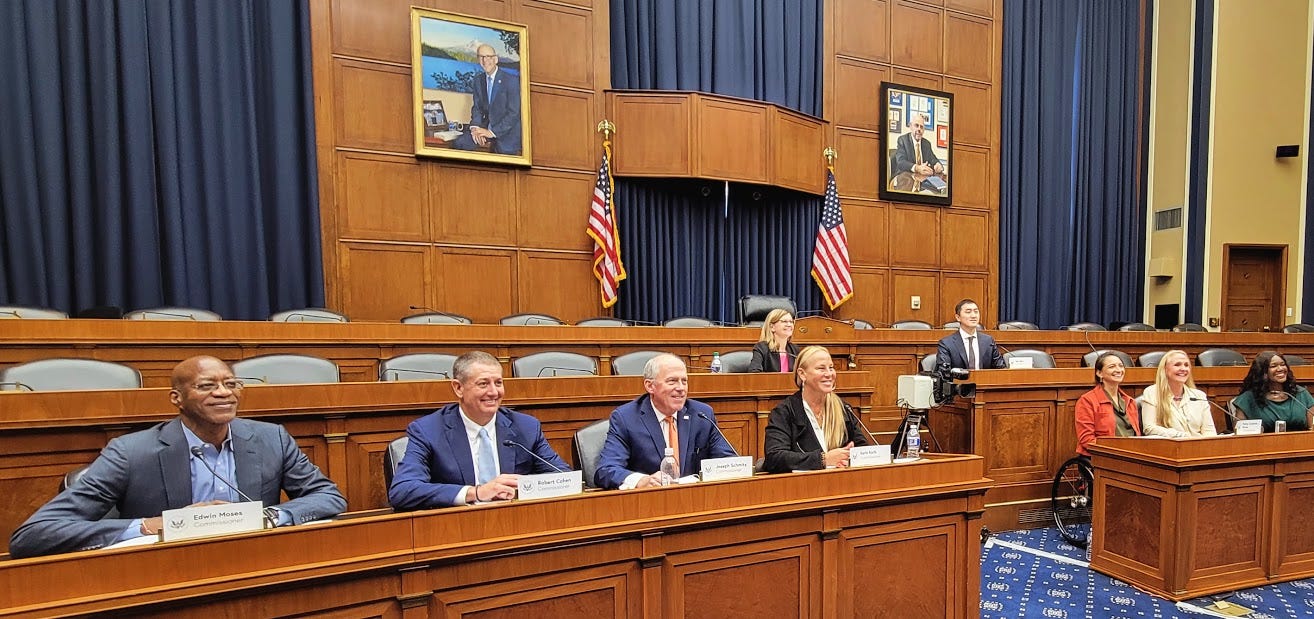
The CSUSOP has recommended the following recommendation for Congress (see page 139):
As of this writing, there has yet to be any congressional action on Recommendation #8. This lack of action is concerning, especially given that today is 208 days after the CSUSOP Report's publication date and 88 days before Congress' target adjournment date.

